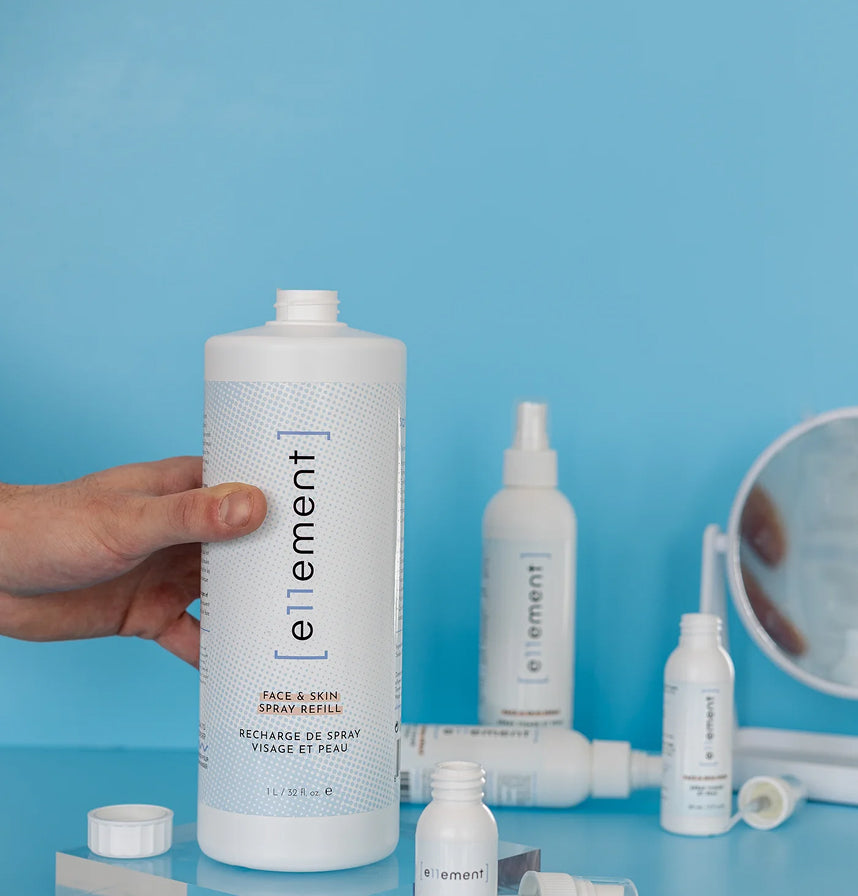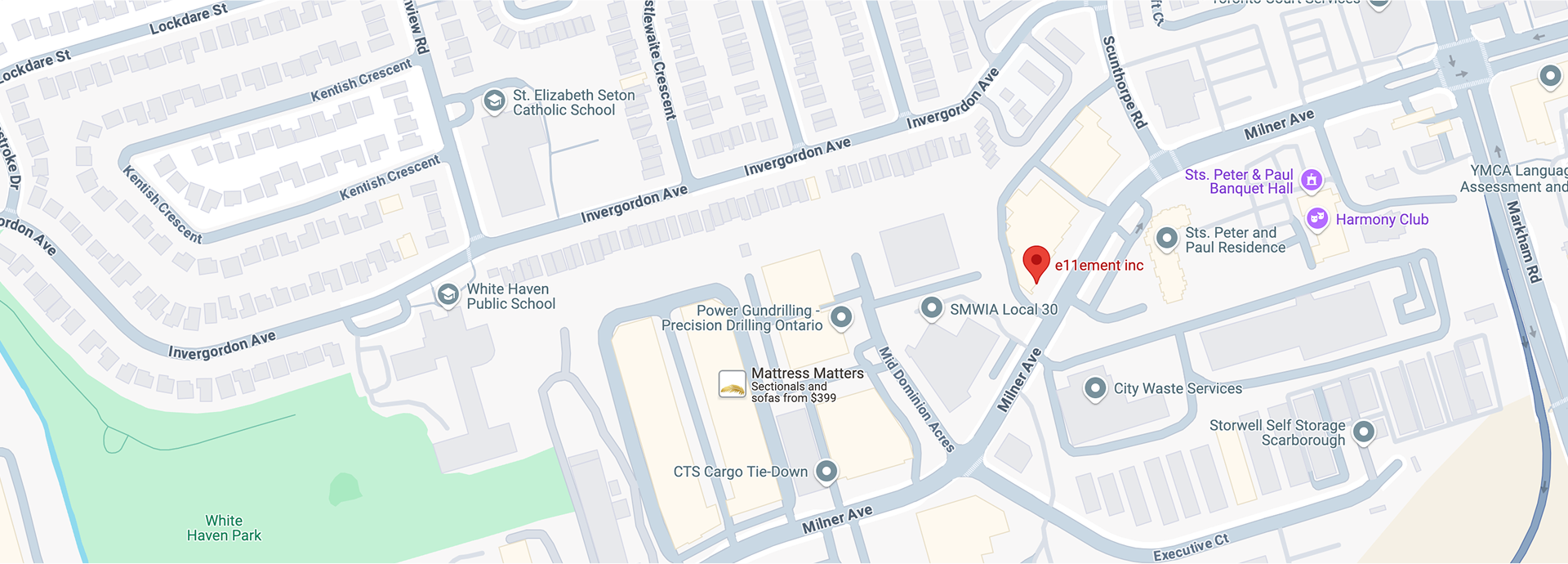Hypochlorous acid has gained considerable attention for its ability to transform skincare routines. Known for its natural antibacterial and anti-inflammatory properties, hypochlorous acid is especially beneficial for those dealing with sensitive or acne-prone skin. If you’re interested in elevating your skincare game, learning to incorporate hypochlorous acid spray can help achieve the clear, glowing skin.

What is Hypochlorous Acid?
The Basics of Hypochlorous Acid
Hypochlorous acid (HOCl) is a naturally occurring compound that the human immune system produces to fight bacteria, inflammation, and infections. In topical forms like hypochlorous acid spray, it acts as a skin-friendly solution that mimics this natural process. Unlike many harsh chemicals found in skincare, hypochlorous acid works gently, making it ideal for those with sensitive or acne-prone skin.
Why Hypochlorous Acid is Trending in Skincare
Many skincare enthusiasts and professionals advocate for hypochlorous acid spray because of its powerful yet gentle effect. In recent years, it has become popular for its antimicrobial and anti-inflammatory properties, and studies have shown its effectiveness in reducing skin irritation, redness, and other common skin concerns.
Benefits of Using Hypochlorous Acid Spray for Skin
Hypochlorous Acid for Acne-Prone Skin
Hypochlorous acid spray is especially helpful for acne-prone skin. Its antibacterial properties work to kill bacteria that contribute to acne, such as Propionibacterium acnes (P. acnes). Furthermore, it reduces inflammation around blemishes, which can minimize swelling and redness. Regular use can result in clearer skin without the harsh effects associated with traditional acne treatments.
Anti-Inflammatory Properties for Redness and Irritation
If you struggle with rosacea, eczema, or sensitive skin, hypochlorous acid spray offers a solution. It has been shown to calm redness and reduce inflammation, which makes it a gentle option for treating irritation. Unlike some topical solutions, hypochlorous acid does not strip the skin of its natural oils or cause a stinging sensation, which is a relief for sensitive skin types.
Boosting Skin’s Healing Process
Hypochlorous acid also promotes skin repair. It helps with wound healing and can be effective for minor cuts, burns, and even post-sunburn care. The spray supports the body’s natural recovery process by creating a healthier environment for cell repair, which is beneficial for individuals who want quicker healing and skin recovery.
Natural Skin Detox
Hypochlorous acid is a natural detoxifying agent that eliminates pollutants, allergens, and other impurities from the skin. In an environment where skin is constantly exposed to pollutants, hypochlorous acid spray offers a way to detoxify and refresh. This detox process not only benefits skin clarity but also promotes a healthy glow over time.
Hydration and Moisture Retention
Unlike many antibacterial or acne treatments that can dry out the skin, hypochlorous acid spray hydrates. It helps the skin retain moisture by supporting the skin’s barrier function, which is crucial for those with dry or dehydrated skin. Regular use can lead to a more supple and youthful appearance.
How to Use Hypochlorous Acid Spray for Clear, Glowing Skin
Step 1: Cleanse Your Skin
Begin with a gentle cleanser suitable for your skin type. Hypochlorous acid works best on a clean surface, so start by removing makeup, sunscreen, and any environmental residue. Avoid cleansers with harsh sulfates, as these can strip the skin and diminish the effects of hypochlorous acid.
Step 2: Apply Hypochlorous Acid Spray
Hold the hypochlorous acid spray bottle about 6-8 inches from your face. Mist the spray over your skin, ensuring that you cover areas prone to irritation, acne, or redness. Hypochlorous acid sprays are typically lightweight and quick-absorbing, so let it sit on your skin for a moment to penetrate and work.
Step 3: Let It Absorb
Give the spray a minute or two to absorb fully before moving to the next step. There’s no need to rinse it off, as hypochlorous acid is gentle enough to stay on the skin. Allowing it to absorb fully ensures that the skin benefits from its antibacterial, anti-inflammatory, and hydrating properties.
Step 4: Follow Up with Your Regular Skincare Routine
After applying hypochlorous acid spray, proceed with the rest of your skincare routine. Typically, this would involve a moisturizer to lock in the hydrating benefits, and then, if it's daytime, finish with sunscreen. Hypochlorous acid works well with most skincare products, so you can continue using your usual serums, moisturizers, and treatments.
Tips for Incorporating Hypochlorous Acid Spray into Your Skincare Routine
Choosing the Right Product
When choosing a hypochlorous acid spray, look for a product that lists a high concentration of hypochlorous acid and few other additives. It’s essential to choose a product formulated specifically for skincare to avoid any additional chemicals that might irritate the skin.
Use as a Toner Replacement
Many people find that hypochlorous acid spray can replace traditional toners in their skincare routine. If you’re looking to simplify your regimen, consider using the spray after cleansing in place of toner. It’s an effective way to balance and prepare your skin for the rest of your routine while gaining additional antibacterial and anti-inflammatory benefits.
Ideal for On-the-Go Skin Care
Hypochlorous acid spray is easy to carry and can be used throughout the day as a skin refresher. If you experience skin irritation, acne flare-ups, or just need a quick way to freshen up, spritzing the spray can soothe and reset your skin without disrupting makeup.
Suitable for All Skin Types
Whether you have dry, oily, sensitive, or combination skin, hypochlorous acid spray can be a safe addition to your skincare lineup. Because it is naturally compatible with the skin’s biology, hypochlorous acid is unlikely to cause adverse reactions, making it a versatile product for all skin types.
Potential Side Effects and Considerations
Skin Sensitivity
Hypochlorous acid is generally well-tolerated, but some people may experience mild sensitivity, especially if they have never used a similar product. To ensure compatibility, start by testing a small amount on a patch of skin, such as the inner forearm, and monitor for any signs of irritation before applying it to your face.
Avoid Mixing with Strong Acids
While hypochlorous acid is compatible with many skincare products, it is best to avoid layering it with strong acids like glycolic or salicylic acid in the same application. Mixing potent ingredients can lead to irritation or reduce the effectiveness of each component.
Store Properly for Maximum Effectiveness
Hypochlorous acid is sensitive to light and temperature changes. Keep your hypochlorous acid spray in a cool, dark place to maintain its potency. Most manufacturers recommend using the product within a specific time frame, so check the label for storage guidelines and expiration dates.
Conclusion
Hypochlorous acid spray has become a valuable asset in skincare routines, particularly for those seeking clear and glowing skin. Its natural antibacterial, anti-inflammatory, and hydrating properties make it suitable for nearly all skin types, and it’s simple to incorporate into both morning and evening routines. By understanding its unique benefits and following effective usage techniques, you can harness the full potential of hypochlorous acid for healthier skin.























